Every organization is structured in one way or another. Freemasonry is no different.
Each grand lodge has codified how it and its subordinate lodges operate and what the duties of the officers thereof are.
In this article, I will focus on the lodge itself and answer, what do the officers of a Masonic Lodge do?
To put it in very general terms, Masonic lodge officers ensure that their Lodge keeps running. For specifics, let us delve in.
Here’s a list of the Masonic Lodge Officers I will be explaining below:
- The Worshipful Master
- The Senior Warden
- The Junior Warden
- The Treasurer
- The Secretary
- The Trustees
- The Chaplain
- The Deacons
- The Stewards
- The Marshal
- The Organist
- The Tyler

NB: It should be noted that I will be writing from the point-of-view of a Freemason under the Grand Lodge F&AM of Utah; other grand lodges may have some differences (especially those outsides of the United States of America and Canada).
In addition to firsthand experience, I will also be using the Grand Lodge of Utah’s Book of Ceremonies as a resource for this article; the Book of Ceremonies is not enciphered and its contents are available for public reading.
The Worshipful Master

The Worshipful Master is the presiding and superintendent officer of his lodge.
He is elected by his lodge to serve for however long the lodge’s by-laws stipulate (typically for one year). He governs over the lodge. He preserves the lodge’s charter or dispensation (the document from the grand lodge that authorizes the lodge to meet).
He also ensures that the practices of the lodge are in full compliance with its by-laws as well as with the regulations of its grand lodge.
It should also be noted that the term worshipful is related (in meaning) to words like respectful or reverential.
Oftentimes people incorrectly think that it instead denotes being worthy of worship. In fact, this is an honorific that is used for mayors in Great Britain (very much how honorable is used for judges; case-in-point: The Right Worshipful Lord Mayor of Westminster).
This has been the case at least since 1790.
The Senior Warden
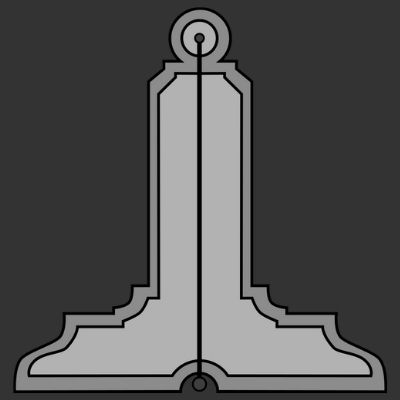
The Senior Warden is like a senior vice president.
He assists the Worshipful Master in governing the lodge; if the Worshipful Master must be absent from a lodge meeting, the Senior Warden governs in his stead.
In Utah, the Senior Warden is also the chairman of the lodge’s grievance committee; he is also a member of the education committee (tradition in mine and other lodges holds that he is also its chairman, though this is not necessarily required so far as I am aware).
The Junior Warden
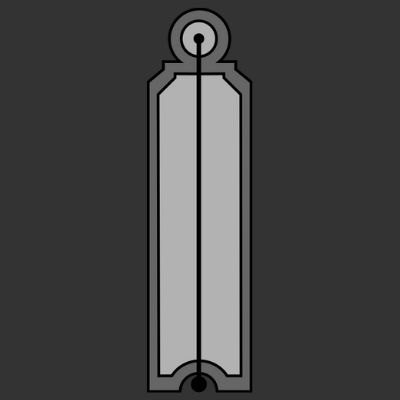
The Junior Warden is akin to a junior vice president. He superintends the lodge during hours of refreshment (untyled meetings) or when a lodge meeting is at recess.
The Treasurer
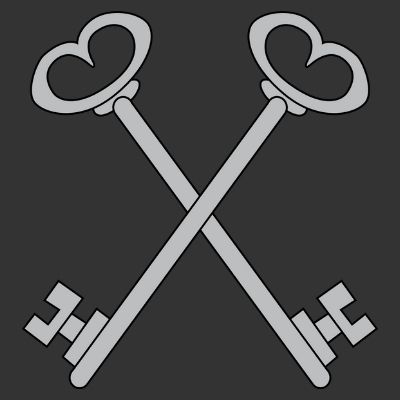
The Treasurer receives all moneys from the Secretary, keeps a record of them regularly, and pays them out (for lodge bills, charitable endeavors, etc.) as ordered by the Worshipful Master and with the consent of the lodge.
The Secretary

The Secretary keeps a record of the proceedings of each lodge meeting.
He also receives all moneys paid or donated to the lodge and conveys them to the Treasurer.
In American jurisdictions, the Secretary provides dues cards to the lodge’s members in good standing to show that they are up to date on having paid their annual dues.
In addition, if a member of his lodge is in good standing and wishes to be a first-time visitor to another lodge, it is also the Secretary’s duty to:
A: reach out to his own Grand Lodge Secretary to ensure that the other lodge pertains to a recognized grand lodge jurisdiction and that intervisitation is permitted by both grand lodge jurisdictions – and
B: to ensure that the visiting brother will have a letter of good standing to present to the other lodge’s Secretary.
In our modern day and age, the Secretary will often email a copy of the letter of good standing directly to the lodge to be visited.
It should be noted here that the Secretary is often the backbone of the lodge.
In many cases, a Past Master (someone who has previously served as Worshipful Master) will serve as the Secretary.
If the Worshipful Master has any questions or needs advice on lodge matters, the Secretary is often one of the first people whom the Worshipful Master asks.
The Trustees
A Trustee’s duties are performed, for the most part, outside of lodge meetings.
He holds, takes title to, and invests the lodge’s funds. There are typically three Trustees to a lodge.
The Chaplain
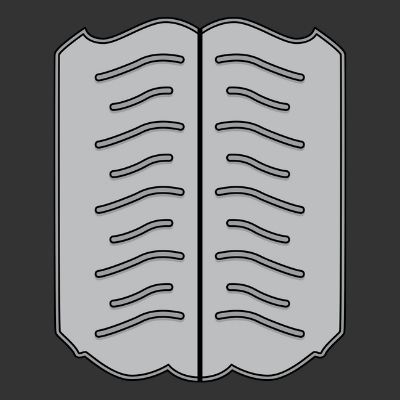
The Chaplain leads the lodge in prayer (which is religiously neutral). In the cases of many lodges, he also checks on the well-being of those Masons who are too old or sick to attend meetings as well as of the widows and/or orphans of the members of the lodge.
The Deacons
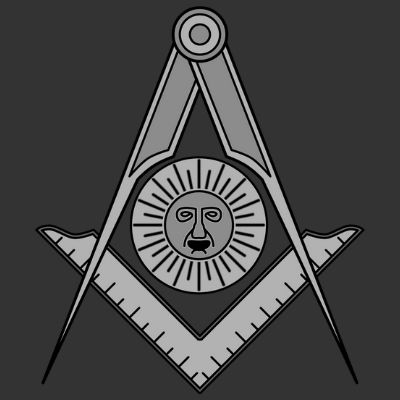
The Deacons are like administrative assistants to the Worshipful Master and to the Wardens.
Deacons act as proxies to the Worshipful Master and Wardens in the active duties of the lodge as necessary.
When not acting as a proxy, the Senior Deacon “[carries] orders from the Worshipful Master in the East to the Senior Warden in the West, and elsewhere about the lodge as ordered.”
He also attends all alarms at the door of the preparation room, receives and conducts candidates, and attends the altar.
If there is no Marshal, then he also introduces visiting Masons from other lodges.
In American lodges and in the absence of a Marshal, he may also conduct the American Flag West of the altar and lead the lodge in the Pledge of Allegiance as directed by the Worshipful Master.
The Junior Deacon “[carries] messages from the Senior Warden in the West to the Junior Warden in the South, and elsewhere about the lodge as directed.” He also attends all alarms at the door and sees that the lodge is tyled.
Tradition in my lodge also holds that the Deacons review the credentials of any visiting Mason who has not been vouched for and test that visitor to ensure that he truly is a Mason.
It should be noted here that the term deacon originally meant “servant” (source: Deacon [N.]) or “messenger” (source: διάκονος). Its use in Freemasonry does not denote any religious meaning in any way, shape, or form.
The Stewards

The Stewards assist the other officers of the lodge (specifically the Deacons) in every official duty as necessary.
When the lodge is at refreshment or recess, they are also to “extend to visiting Brethren such attentions as circumstances may suggest.” The Stewards also prepare the candidates prior to the degree ceremonies.
Tradition in my lodge also holds that the Stewards assist in readying the lodge room and its officers prior to every regularly stated and special meeting.
The Marshal
The Marshal forms and conducts processions of the brethren of the lodge on all public occasions.
He also introduces visiting brethren and conducts members of the lodge and visitors West of the altar or to the Worshipful Master in the east as ordered.
In American jurisdictions, he also conducts the American Flag West of the altar and leads the lodge in the Pledge of Allegiance whensoever ordered by the Worshipful Master.
The Organist
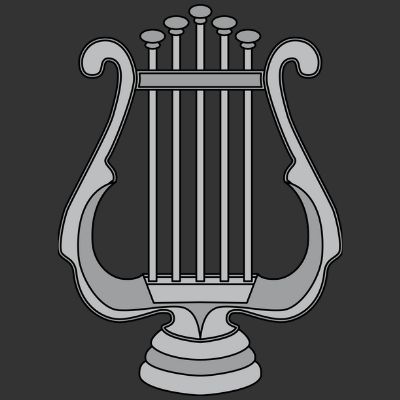
For those lodges lucky enough to have one, the Organist conducts the musical services of the lodge.
The Tyler

The Tyler guards the lodge’s meetings against those who are not recognized Masons who still seek entry; he sees that nobody passes or repasses unless they are duly qualified and have permission to enter.
Committees
A lodge is likely to have various committees; some such committees are required by the grand lodge.
These are typically committees of investigation, of education, of grievances, of charity, etc.
The Worshipful Master can also establish any other committee that he desires so long as it is within the bounds of the lodge’s by-laws and the grand lodge’s regulations.
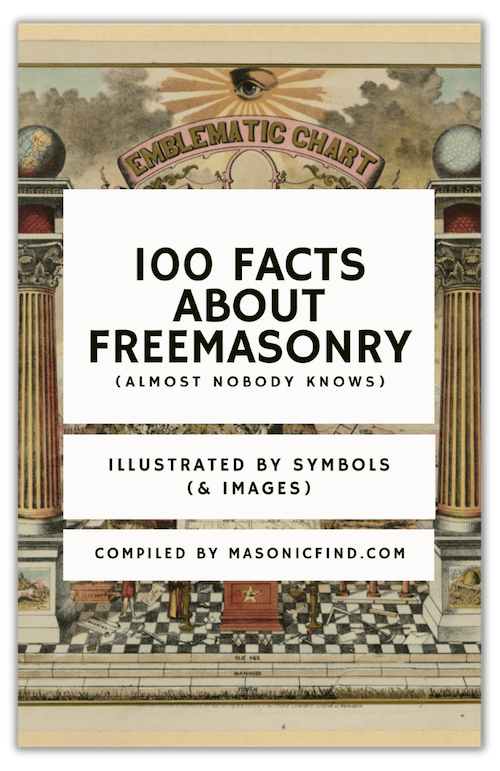
FREE DOWNLOAD: 100 FACTS ABOUT FREEMASONRY (ALMOST NOBODY KNOWS)
Join the 10,000+ Brethren from around the world inside our weekly Masonic newsletter and get our best selling ebook for free (usual value: $20).
Conclusion
The duties of the lodge officers vary quite a bit.
However, we can see from these descriptions above that each officer has his place and contributes greatly to the governance of the lodge.
This article was written for MasonicFind.com by Brandon Cole, SW.
Image source: Wikipedia.com.